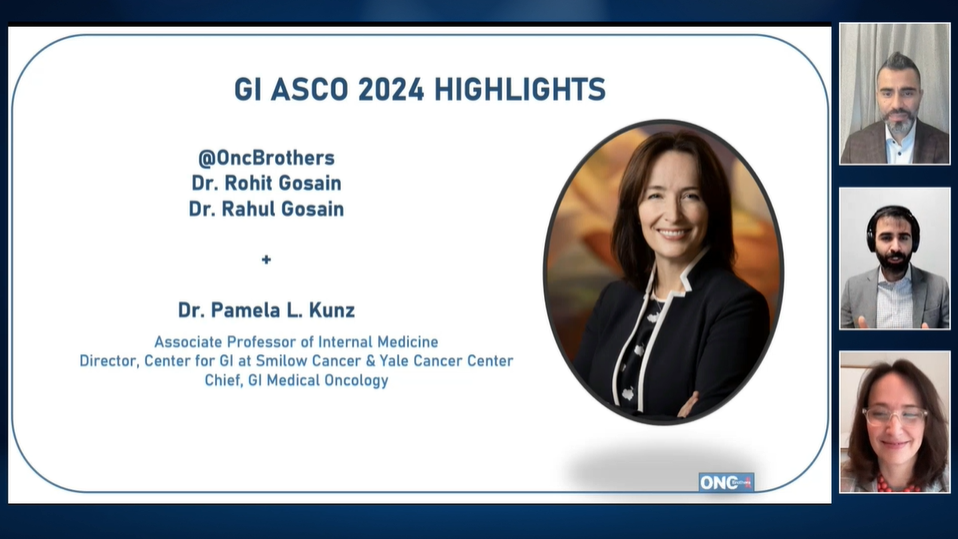Special Episode: Insight on Targeting Rare Genomic Alterations in Colorectal Cancers
In season 2, episode 6 of Targeted Talks, Dr. Michael J. Overman, joins Targeted Oncology for a special discussion around rare genomic alterations in colorectal cancer
In season 2, episode 6 of Targeted Talks, Dr. Michael J. Overman, a professor in the Department of Gastrointestinal Medical Oncology, at the University of Texas MD Anderson Cancer Center, joins us for a special discussion around rare genomic alterations in colorectal cancer.
First, Overman explains that there has been recent success in looking at subsets of colon cancer based on genomic alterations. Gene fusions, polymerase epsilon mutation, BRAF V600E mutation, and KRAS mutations were all among the rare aerations he discusses. Although all of these alterations are rare and often leave a treatment gap for patients with CRC, there are some that are more difficult to treat than others, Overman says, like the KRAS G12C mutation.
Testing for rare genomic alterations in CRC has also made progress recently. The historical testing guidelines required testing for KRAS and RAS mutations to identify patients who could benefit from anti-EGFR therapies. Today, the guidelines also mandate testing for NRAS, BRAF, HER2, and mismatch repair deficiency.
The future of treatment for patients with CRC harboring rare genomic alterations is hopeful, considering the number of ongoing clinical trials. Overman says that there are many novel combination therapies. He also explains that research around MRD and microsatellite instability is the current focus for CRC, and PD-1/PD-1 inhibitors, as well as antibody-drug conjugates, are being explored for the treatment of these patients.
The Impact of the Gut Microbiome in Young Patients With Colorectal Cancer
February 15th 2021In season 2, episode 2 of Targeted Talks, Cathy Eng, MD, speaks with Benjamin Weinberg, MD, about the gut microbiome, and how the presence of certain microbiota impact the onset and intensity of disease as well as the potential response to certain treatments.
Listen








